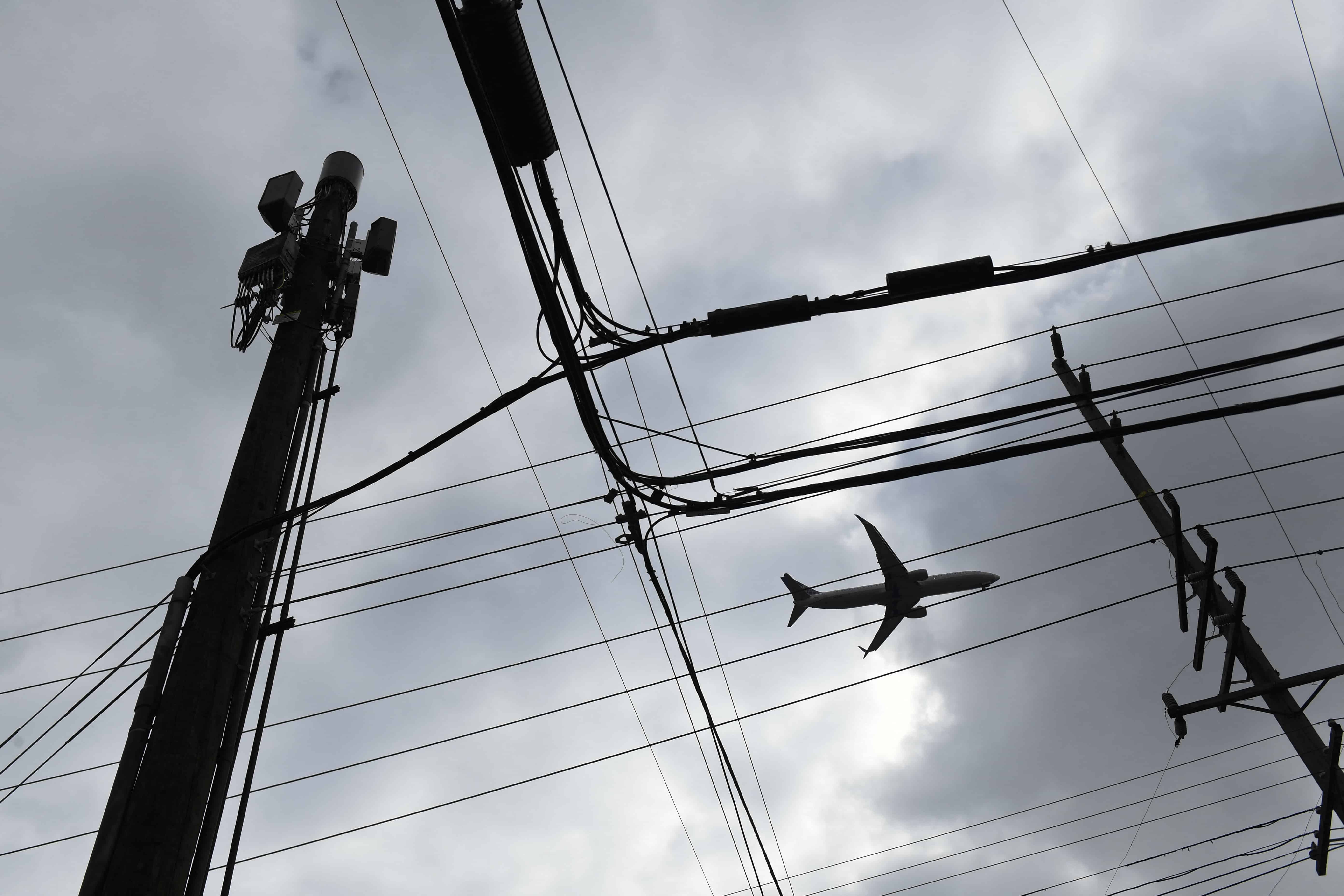International and Gulf airlines, including Emirates, have suspended their flights to American airports, declaring that the new fifth-generation wireless service (5G) may interfere with aircraft technology and cause significant disruptions in flights.
This drove American telecommunications companies to postpone cell towers constructions around the runways, pending the settlement of the issue with the feds.
But what is remarkable is that many countries, including Europe, are working with 5G technology, and airlines have not encountered any obstacles to accessing it, so what is the cause of the problem in the United States in particular?
US and the rest?
Federal Communications Commission (FCC) auctioned C-Band spectrum licenses from 5G networks to operators in 2018, and “AT&T” and “Verizon” companies were among the winners.
Moreover, the US government values it at $81 bn, so it can afford to offer its customers a robust and profitable fifth generation of service, Asem Galal, the Managing Partner at Galal & Karawi Consulting, told TRENDS in an interview.
5G usage near airports was opposed by many airlines, which claim that it may disrupt aircraft radar measurement devices, which inform pilots of the height of their aircraft above the ground. Furthermore, this technology might be critical to a safe landing in the event of vision impairment due to bad weather.
It should be noted that this dilemma is because of the nature of of 5G that telecommunications corporations want to deploy, which is different from its counterparts in many countries that are using this technology.
For example, Canada adopts C-band technology, same as the US, but typically restricts hazardous signals near airports. At the same time, Canadian authorities have imposed limits and taken other precautions to safeguard the safety of planes approaching 26 airports, according to Galal.
Different frequencies
C-Band technology uses frequencies higher than those often found near airports worldwide. For instance, this frequency band does not go above 3.6 GHz in Canada.
Many scientists and experts consider any frequency above 3.6 GHz dangerous to aircraft and air navigation systems. As a result of bad weather, pilots face a more complex scenario than usual.
5G Advantages
The fifth-generation is a cutting-edge technology that has been implemented to fulfill the increasing need for new applications that require enormous capabilities not provided by 4G and 3G.
In 5G, frequency transmission is limited to 3.5 gigahertz, which is beyond the capability of the previous generation. Furthermore, broadcasting radio waves in 5G connect subscribers — whether individuals or businesses — with extensive wireless capabilities, allowing them to expedite and simplify their numerous tasks. Because of the fierce rivalry, significant telecommunications firms worldwide have turned to it.
Several Arab countries have already embraced 5G, and others will follow once they reap the financial benefits of selling licenses to telecom companies.








